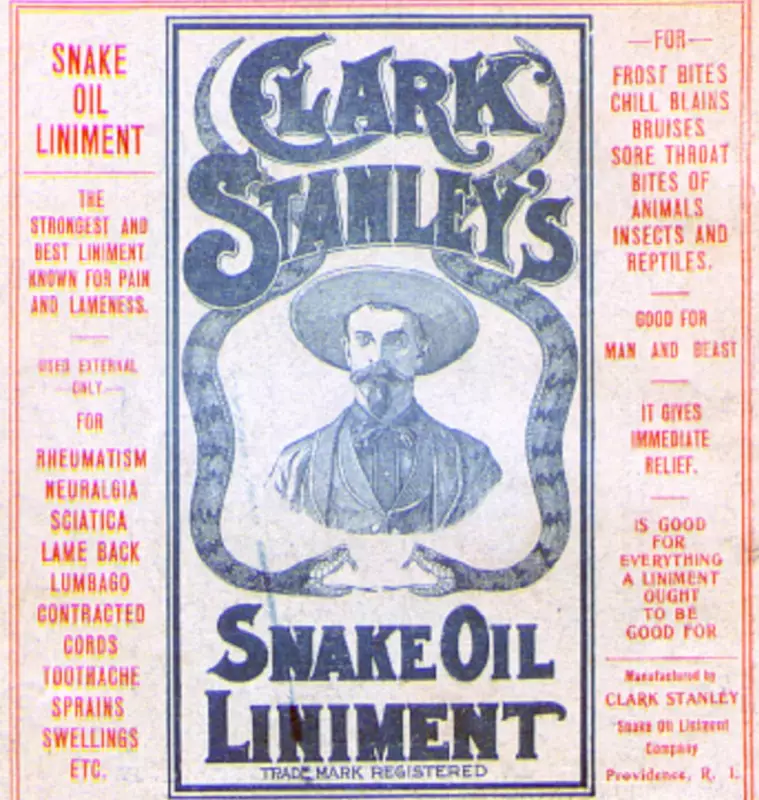
The Labour Party conference has found its signature insult, and it's proving remarkably effective. The term 'snake oil salesman' has emerged as the go-to political jibe, deployed repeatedly by senior figures to characterise their opponents' policies as dishonest and ineffective.
The Phrase That Dominated Conference
From shadow cabinet members to backbench MPs, Labour representatives have weaponised the historical reference to 19th-century charlatans who sold fraudulent cure-all elixirs. The term perfectly captures their narrative that Conservative promises lack substance and credibility.
More Than Just Political Theatre
This isn't merely colourful language for conference season. The consistent use of 'snake oil salesman' represents a carefully crafted communications strategy aimed at:
- Undermining the credibility of political opponents
- Creating a memorable, easily understood critique
- Framing policy disagreements as matters of basic honesty
- Building a cohesive party message that resonates with voters
Why This Particular Insult Resonates
The 'snake oil' metaphor works because it taps into public skepticism about political promises. It suggests that what's being offered isn't just different policy, but fundamentally dishonest - the political equivalent of magical thinking that can't deliver real solutions.
Shadow ministers have applied the label to everything from economic plans to public service reforms, creating a unified attack line that's both specific enough to bite and broad enough to apply across multiple policy areas.
A New Lexicon for Political Combat
Political conferences often produce memorable phrases, but 'snake oil salesman' has shown unusual staying power. It's become shorthand for Labour's core argument: that after years of unfulfilled promises, the public should view certain political claims with the same suspicion as 19th-century patent medicines.
The success of this rhetorical strategy demonstrates how effective political communication often relies on finding simple, powerful metaphors that cut through complex policy debates and resonate with public concerns about trust and authenticity in politics.





